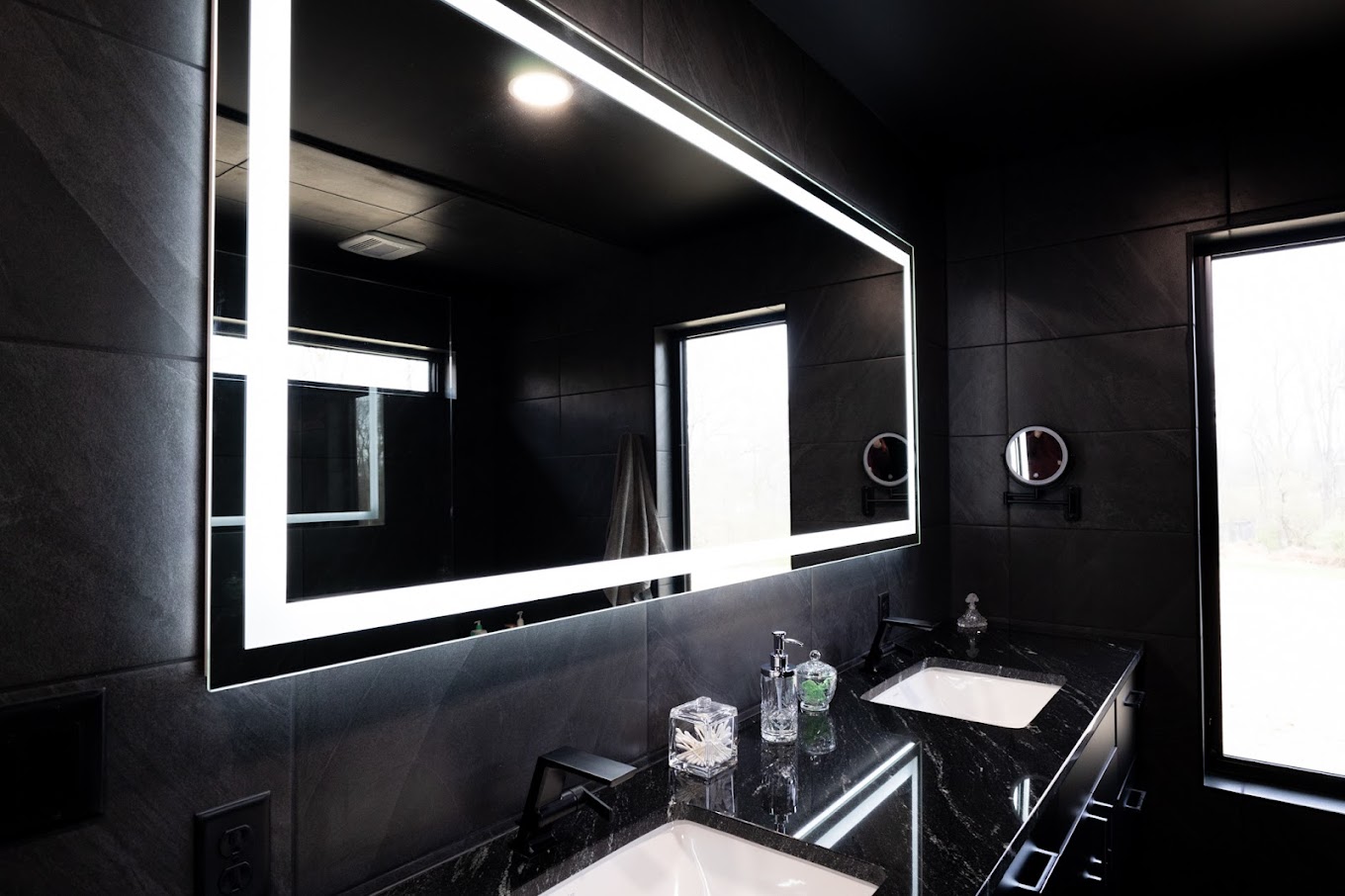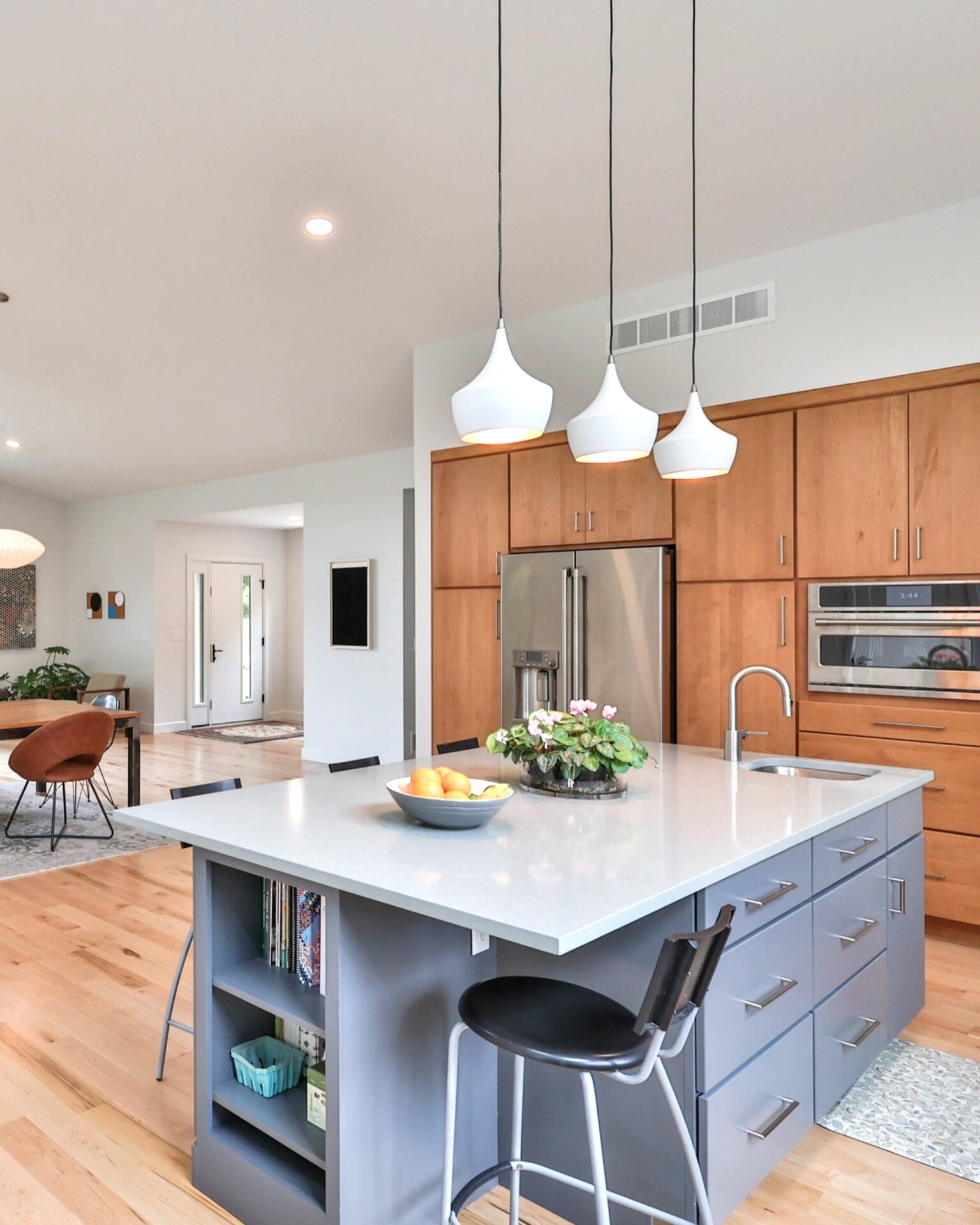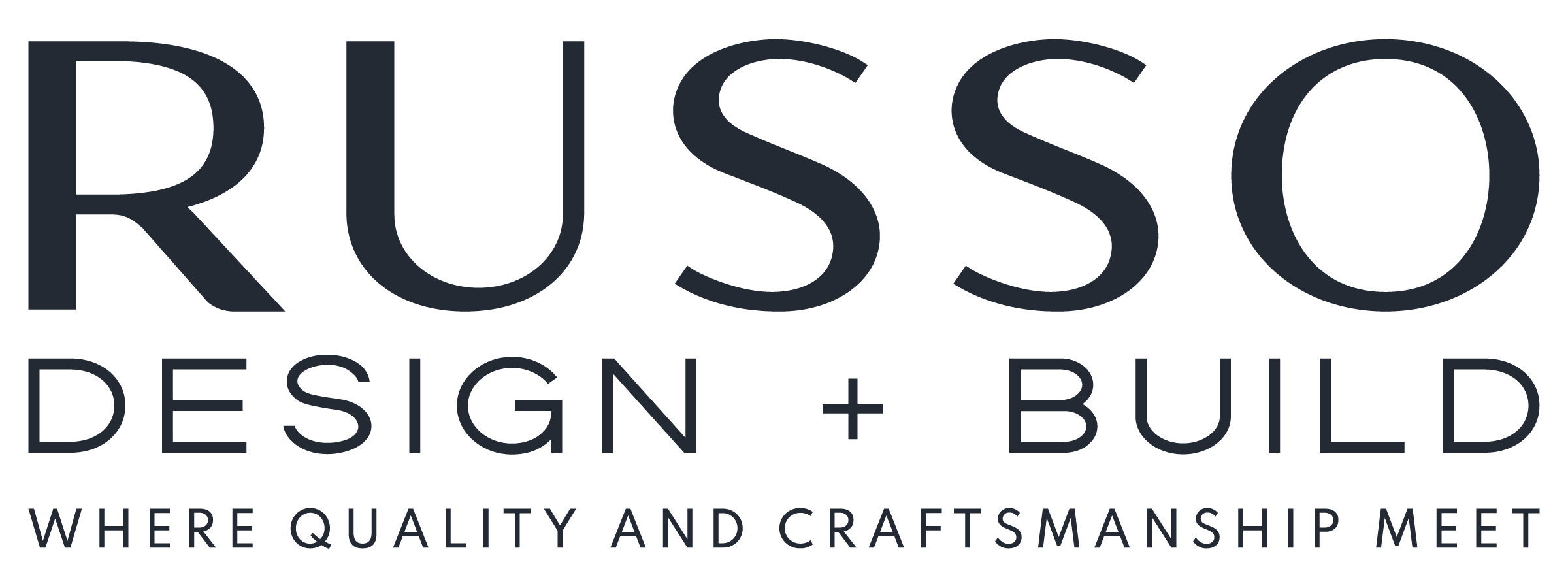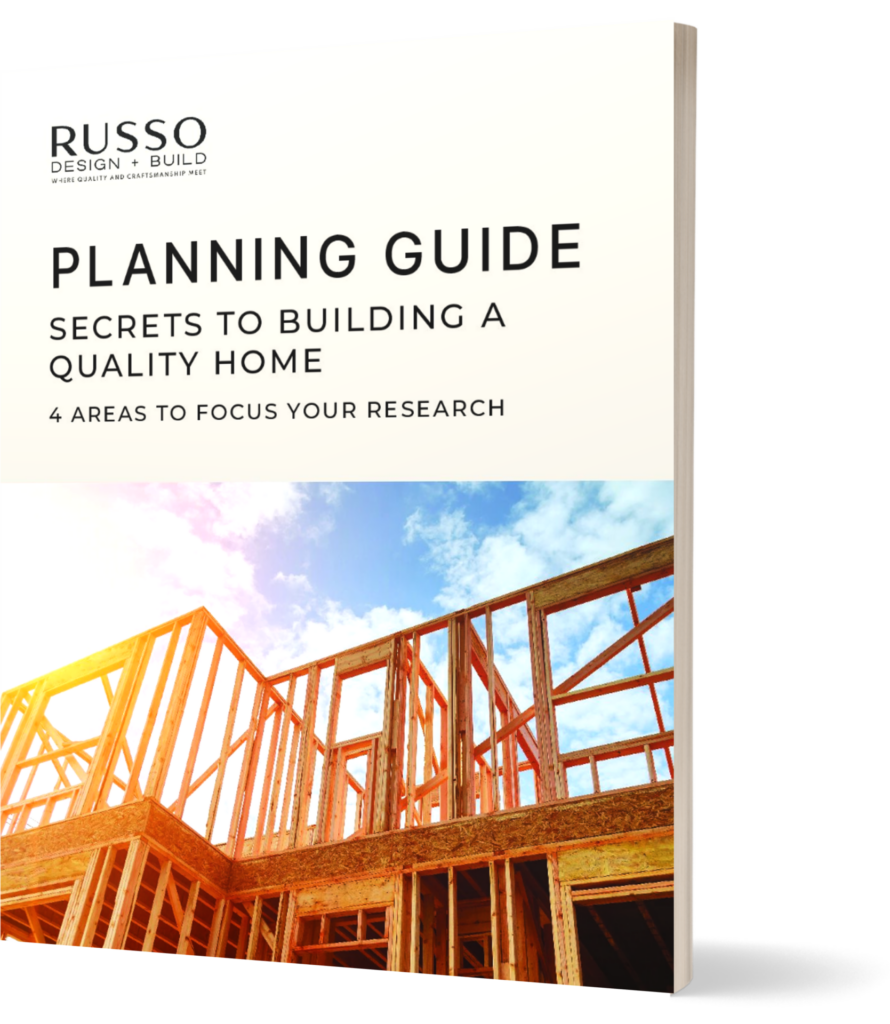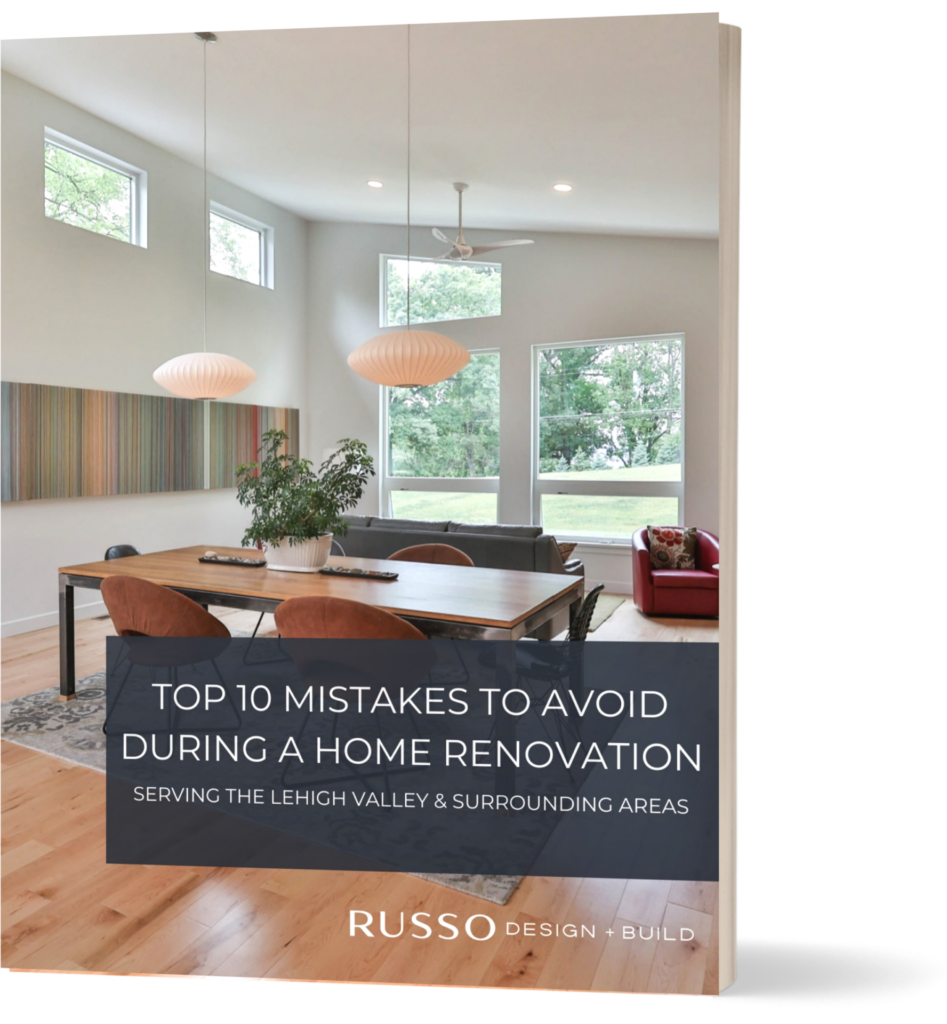When planning to build a new home, the conventional approach suggests sending your plans to multiple builders, obtaining quotes, and selecting the lowest price. While this strategy might seem sound, it often leads to unexpected complications and disappointments.
The Pitfalls of Chasing Low Quotes
In the residential construction industry, companies in financial distress frequently lure customers with unbeatable prices, only to collapse later. Price should be just one factor in your decision-making process when comparing builders’ quotes.
Here’s why:
Estimates vs. Quotes
Many “quotes” provided for free by building companies are actually rough estimates. These estimates often omit critical factors such as soil conditions, engineering requirements, and current rates for materials and labor. Producing an accurate quote requires 30-40 hours of an estimator’s time, a resource investment no company can afford to make without a reasonable expectation of securing the job. As a result, these estimates often lack detail. Anything not documented is excluded, and unspecified items can be substituted with cheaper alternatives. Insufficient allowances may be included, leading to unexpected costs later. These practices allow builders to present a lower initial cost, winning jobs based on price alone—a situation that rarely ends well for either party.
The Risks of Underestimating Costs
A more concerning issue arises when builders offer low prices not to lure customers but because they don’t fully understand their own costs. Many builders are unaware of their true break-even points, leading them to quote prices that don’t cover their fixed expenses. This lack of financial clarity is surprisingly common in the industry and can lead to significant problems. Builders in this situation often become desperate for new work to pay off old creditors, leading to a cycle of unsustainable pricing and subpar performance. This desperation can result in builders making unrealistic promises to secure contracts.
The Value of a Design & Construct Service
To avoid these pitfalls, it’s crucial to research and choose a reputable building company with strong management and a solid market reputation. Well-run companies may not offer the lowest initial price, but they provide greater value and reliability in the long run. Consider working with a company that offers a design & build service. This approach allows you to collaborate with your builder from the design phase through to the completion of construction. It ensures transparency, consistency, and alignment of expectations throughout the project.
Making Informed Decisions
Whether you’re building your first home or your tenth, designing a new home can be overwhelming. It’s easy to overlook critical details when faced with new information. That’s why it’s essential to be well-informed from the start. To help you navigate the complexities of home building, we’ve put together a comprehensive planning guide: “Secrets to Building a Quality Home” This free resource will help you avoid common pitfalls and ensure a smoother building process.

